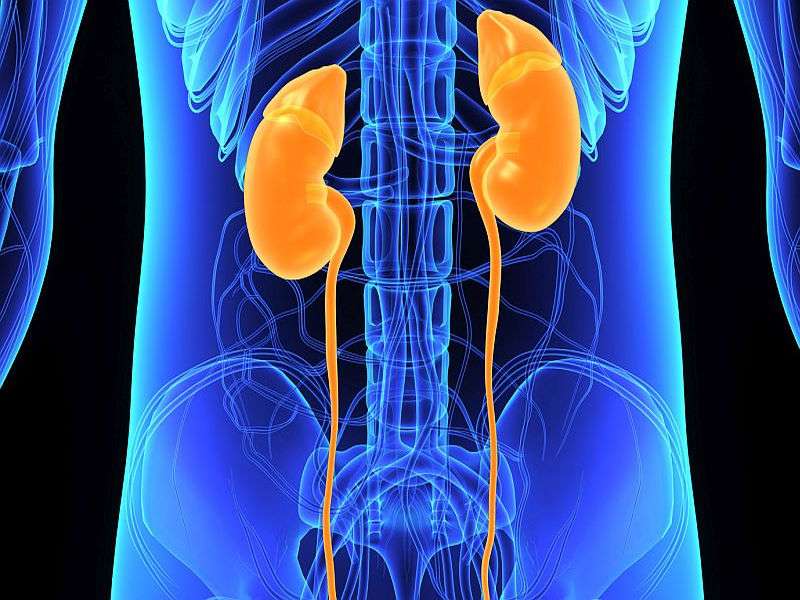(HealthDay)—Age modifies the association between blood pressure (BP) and adverse cardiovascular and renal outcomes in elderly patients with chronic kidney disease (CKD), according to research published online April 21 in the Clinical Journal of the American Society of Nephrology.
Csaba P. Kovesdy, M.D., of the University of Tennessee Health Science Center in Memphis, and colleagues analyzed data for 300,424 veterans with incident chronic kidney disease to examine the associations of blood pressure with mortality and adverse outcomes.
The researchers found that both systolic and diastolic BP had a U-shaped association with all-cause mortality. Systolic BP showed a linear association, whereas diastolic BP showed no consistent association, with coronary heart disease (CHD), stroke, and end-stage renal disease (ESRD). For systolic BP ≥170 mm Hg compared with 130 to 139 mm Hg, hazard ratios for mortality were attenuated with increasing age as follows: <50 years, 1.95; 50 to 59 years, 2.01; 60 to 69 years, 1.68; 70 to 79 years, 1.39; and ≥80 years, 1.30.The risk of incident CHD, stroke, and ESRD was increased incrementally with increasing systolic BP in patients younger than 80 years, but no consistent association was observed for those 80 years of age and older (P < 0.05 for interaction for all outcomes).
"In veterans with incident chronic kidney disease, systolic blood pressure shows different associations in older versus younger patients," the authors write. "The association of higher systolic blood pressure with adverse outcomes is present, but markedly reduced in older individuals, especially in those ≥80 years old."
More information:
Abstract
Full Text (subscription or payment may be required)
Editorial (subscription or payment may be required)
Journal information: Clinical Journal of the American Society of Nephrology
Copyright © 2016 HealthDay. All rights reserved.






















